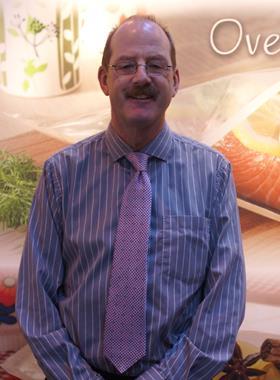
At Sirane we welcome the pledge to significantly cut household food waste, and vow to continue to work to find solutions that will help.
Last week 45 signatories, including all the major grocery retailers and many leading brand manufacturers, signed up to the third phase of the Courtauld Commitment. The Phase 3 targets include:
• Reducing household food and drink waste by five per cent – this represents a nine per cent reduction in real terms to counter the expected increase in food purchased.
• Reducing traditional grocery ingredient, product and packaging waste in the grocery supply chain by three per cent – signatories will have to make an eight per cent reduction in real terms to counter the expected rise in production and sales.
• Improving packaging design through the supply chain to maximise recycled content as appropriate, improve recyclability and deliver product protection to reduce food waste, while ensuring there is no increase in the carbon impact of packaging – signatories will have to make a three per cent reduction in real terms to counter the expected sales increase.
Courtauld 3 wants retailers to ensure packaging develops and evolves. Not only is it possible to reduce packaging waste significantly, but it’s also possible to reduce food waste significantly with more advanced packaging. For many years now that’s what Sirane has been striving to do and we’ve had some major successes in the last 12 months. We’ve already worked on technology that will enable people to move towards achieving the aims of Courtauld 3 and beyond.
The signatories of Courtauld 3 are aiming to reduce food waste by 1.1 million tonnes by 2015, bringing £1.6 billion cost benefits to consumers and industry. However, the ambitious new targets must be achieved against a backdrop of sales growth and an increase in the amount of food produced in the UK, as well as a difficult financial climate.
Many companies may look at Courtauld 3 and think it will cost them more money, but using more advanced technology can actually save companies money in the long run, as they’ll get money back from reduced wastage and returns.
To achieve the targets, signatories must help consumers reduce waste in the home. This will include delivering targeted food waste reduction initiatives, clearer product labelling and improved packaging design, while also tackling supply chain waste.
Courtauld has already made a difference. To date, some 2.3m tonnes of waste have successfully been prevented by signatories and consumers during the first two phases of the commitment. The value of waste prevented is around £3.5bn. —



